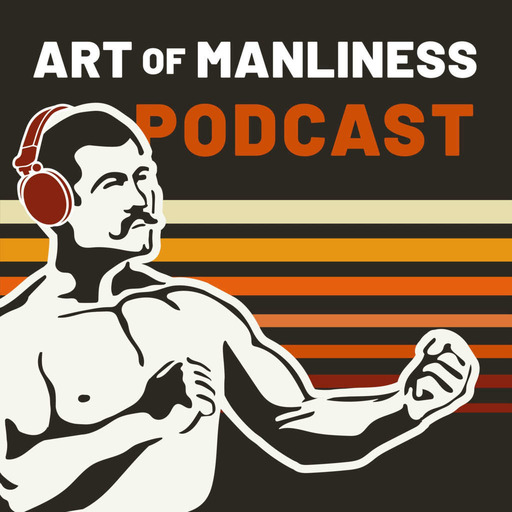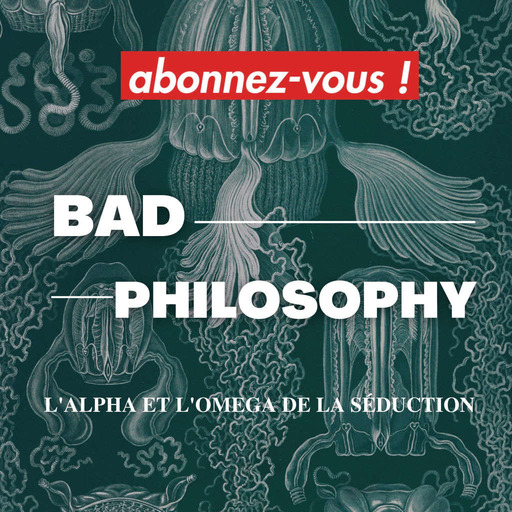Like Plato, C.S. Lewis believed that the human soul was made up of three parts — the head (the rational, reason-driven part of you), the belly (your appetites and base instincts), and the chest (the seat of virtue-seeking sentiments and well-tuned emotions). In order for your head to make your decisions, particularly the decision to live a virtuous life, rather than your decisions being driven by your belly, the head needs the aid of the chest, of right feeling.
A few months ago, we had Michael Ward on the show to talk about why C.S. Lewis felt that modern life was making “men without chests.” Today, I talk to a guest who can shed light on what Lewis thought was needed to build that chest back up. His name is Louis Markos and he’s a professor of English, as well as the lecturer of the Great Courses course: The Life and Writings of C.S. Lewis. At the start of our conversation, Lou gives us some background on Lewis’ life, including his conversion to Christianity, and how the nature of that conversion influenced his thinking on how to pursue virtue more broadly. We then talk about Lewis’ philosophical argument for there being a universal moral order, and why the chest is so vital for staying grounded in it. We spend the rest of our discussion unpacking the three ways Lewis believed the chest could be “educated”: reading stories and myths, rejecting “chronological snobbery” to learn from the past, and developing friendships that inspire excellence.
Resources Related to the Podcast
- Louis’ Great Courses course: The Life and Writings of C.S. Lewis
- The books Louis has authored
- AoM Podcast #430: Why You Need to Join the Great Conversation About the Great Books
- AoM Article: The Power of Conversation — A Lesson From C.S. Lewis and J.R.R. Tolkien
- AoM article on Plato’s view of the tripartite nature of the soul
- AoM series on Norse mythology
- AoM Podcast #178: C.S. Lewis, J.R.R. Tolkien, and the Inklings Mastermind Group
- The Golden Bough: A Study in Magic and Religion by James George Frazer
- The Screwtape Letters by C.S. Lewis
- The Four Loves by C.S. Lewis
- The Chronicles of Narnia — The Magician’s Nephew by C.S. Lewis
- The Book of Virtues by William Bennett
- AoM Article: The Winston Churchill School of Adulthood — Cultivate a Nostalgic Love for History
- AoM article on C.S. Lewis’ advice on overcoming the “horror of the same old thing”
- AoM articles and podcasts on friendship


 Emissions
Emissions











